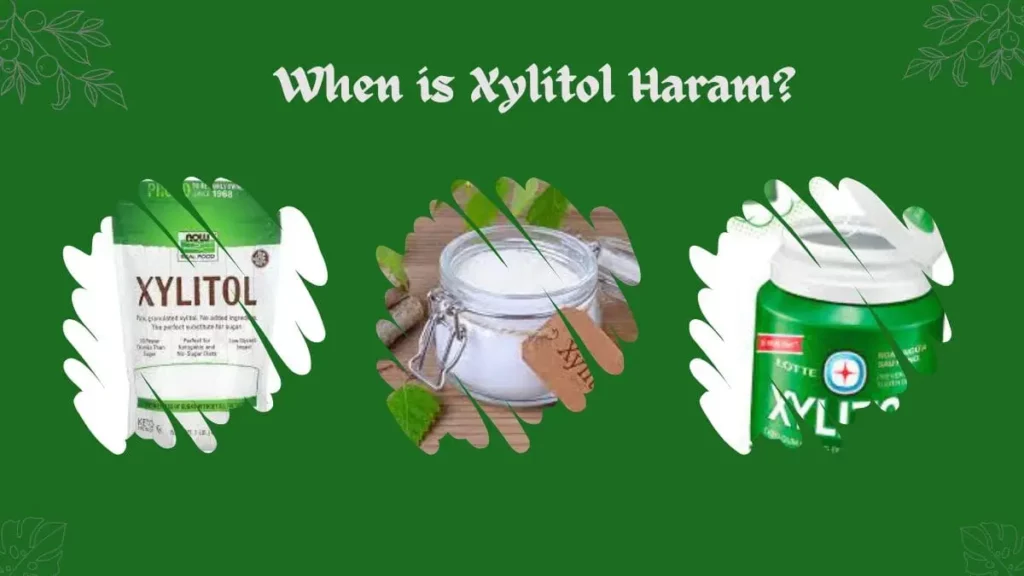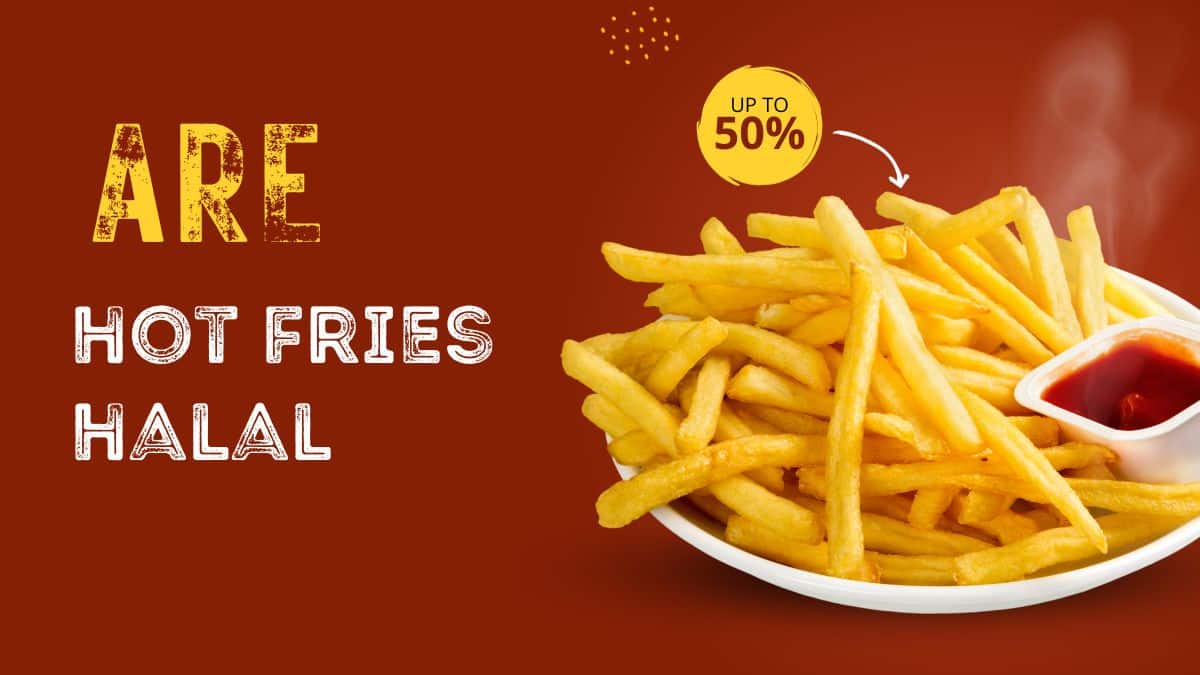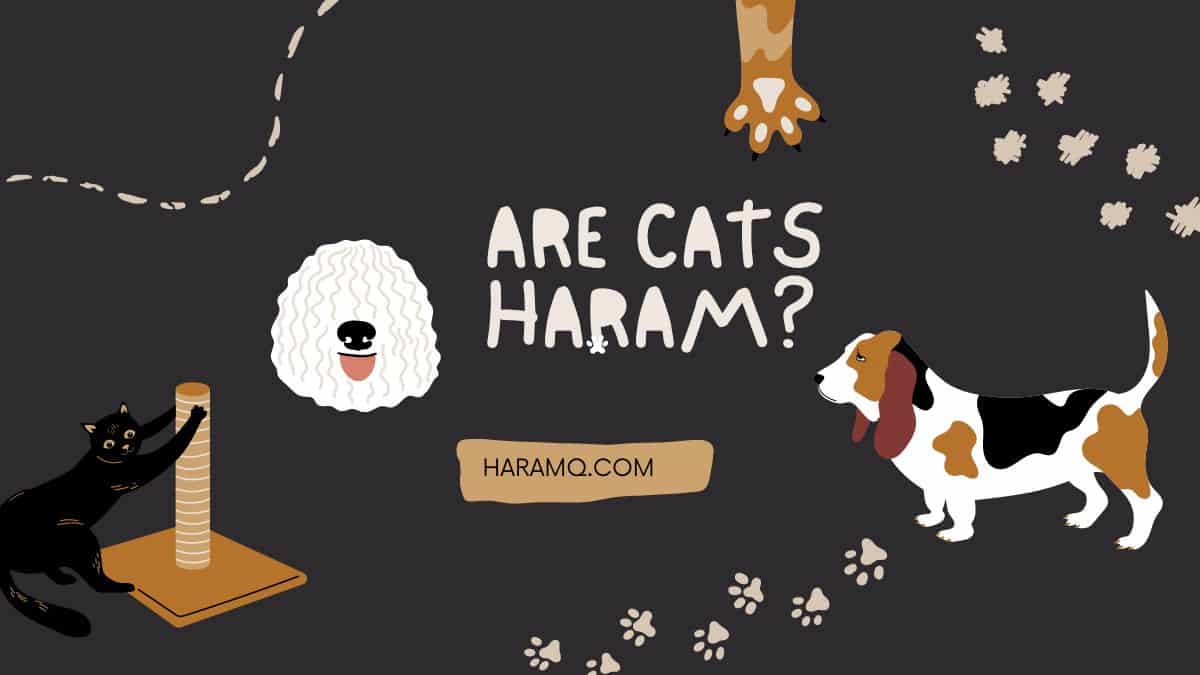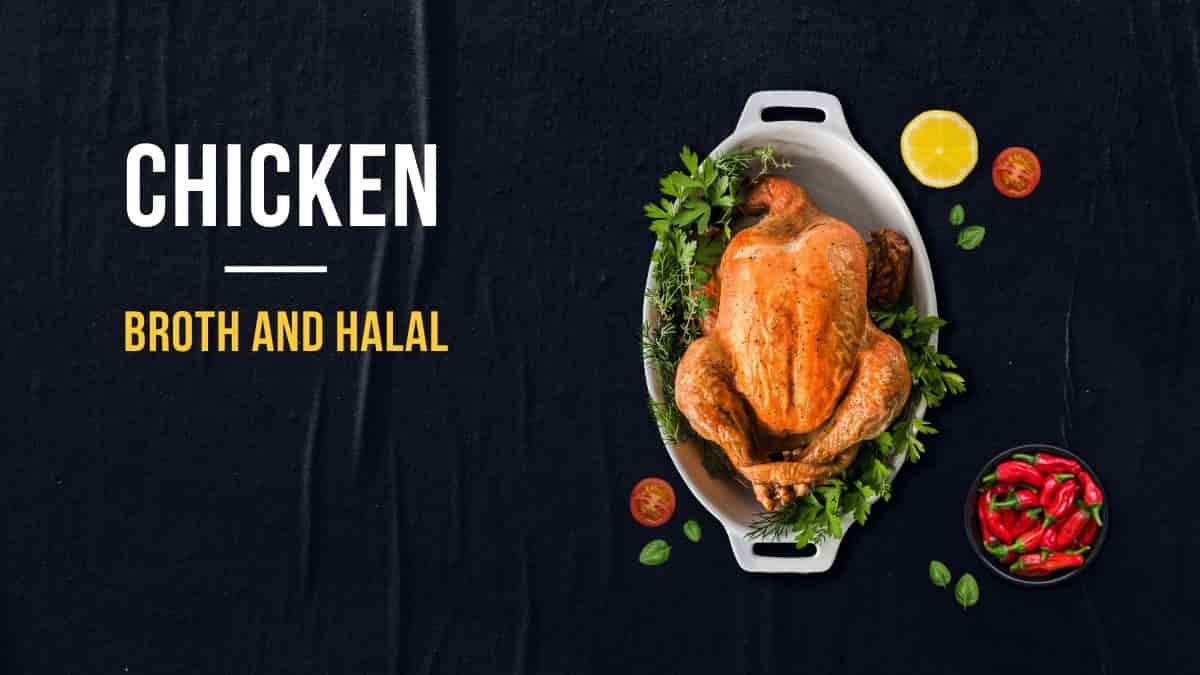Is Xylitol Halal? Yes or no, specific and clear answers
Discover the truth about Xylitol and its legal status. Is Xylitol Halal? Dive into an expansive exploration by answering these critical questions. Discover insights, FAQs, and expert perspectives to guide you through the world of sweeteners.
Welcome to the ultimate guide to the legal status of Xylitol. In this article, we will discuss Xylitol in depth.
It will address common questions and show its compatibility with halal practices. Whether you’re a health-conscious consumer or someone navigating dietary choices, understanding the nuances of Xylitol is essential.
What Is Xylitol?
Xylitol is a sugar alcohol. It is used as a sugar substitute. It’s as sweet as sugar but has fewer calories and doesn’t spike blood sugar as much.
People use it from sugar-free gum and candy to toothpaste, medicines, and various products. It is found naturally in small amounts in fruits and vegetables.
What are the uses of Xylitol?
Xylitol has several uses:
Sugar Substitute: Xylitol is used as a sugar substitute in various food products, such as sugar-free gum, candies, and baked goods. It provides sweetness without the same spike in blood sugar levels.
Dental care: Xylitol is often added to chewing gum, toothpaste, and mouthwash. Because it can help prevent tooth decay. It inhibits the growth of bacteria. Which causes cavities and encourages the production of saliva, which helps neutralize acids in the mouth.
Diabetes management: Since Xylitol does not cause a rapid rise in blood sugar, it can be a suitable sweetener for people with diabetes.
Ear infections: Some studies suggest that Xylitol can help prevent ear infections, especially in children, when used as a nasal spray.
Sinus health: Xylitol sprays moisturize and clear the nasal passages, potentially reducing the risk of sinus infections.
Low-Calorie Sweetener: Xylitol is a low-calorie sugar substitute that suits people who want to reduce calorie intake.
Is Xylitol halal?
Yes, generally, Xylitol is halal. Because Xylitol is not against Islamic halal principles. Xylitol is compatible with what is permitted in Islamic law. Since Xylitol is a sugar alcohol not derived from animals or haram alcohol, it is halal.
It is used as a sugar substitute in various food products. On the contrary, white sugar is harmful to our health. So, Xylitol is not inherently Haram.
However, if any additional ingredients that may be Haram are mixed into Xylitol, it will be halal. It’s always an excellent way to check the labels of certain products to make sure.
Why is Xylitol halal?
Xylitol is halal because it is a sugar alcohol derived from plant sources. It is usually harvested from birch wood or corn. It is not derived from pigs, grapes, dates, or any other haram source. So, it will not be Haram because substances derived from plants are generally halal unless there is clear evidence to the contrary.
When is Xylitol Haram?

Xylitol is generally recognized as halal in Islamic food law. However, there may be situations where it may be prohibited or restricted:
Mixing with Haram Substances: If a product containing Xylitol is combined with a substance considered Haram in Islamic food law, it will be Haram.
Alcohol-based extraction: If Xylitol is extracted using alcohol from grapes or dates. However, this can be problematic for some individuals. This is because such alcohol consumption is generally avoided in Islamic dietary practices.
Specific interpretations: Islamic scholars or sects may have different interpretations and opinions on certain substances. It is always a good idea to consult with a knowledgeable religious authority if there are specific concerns.
FAQs
Is Xylitol halal?
Yes, in most cases. Xylitol is halal. It is a sugar alcohol extracted from plant sources such as birch wood or corn. It is called halal by Islamic researchers in Islamic dietary law.
Are there any circumstances where Xylitol may not be halal?
Yes, potential concerns may arise. It may become Haram if xylitol-containing products are contaminated with haram substances or an alcohol-based extraction method involving grapes or dates is used.
Checking specific product labels and consulting religious authorities when unsure is recommended. This is the best way to know whether a particular xylitol is halal.
Can Xylitol be used in halal food for people with diabetes?
Yes, Xylitol can be a suitable sugar substitute for people with diabetes because it does not raise blood sugar levels quickly. However, it is essential to consider individual health conditions and dietary preferences.
Is it necessary to check product labels for Xylitol?
Although Xylitol is generally halal, checking product labels for additional ingredients and processing methods is crucial. Some products may contain other substances that may be of concern.
Is Xylitol safe for children?
In moderate amounts, Xylitol is safe for children. It is even used in some products to help prevent tooth decay. However, excessive consumption can cause digestive problems, so it is essential to monitor intake.






